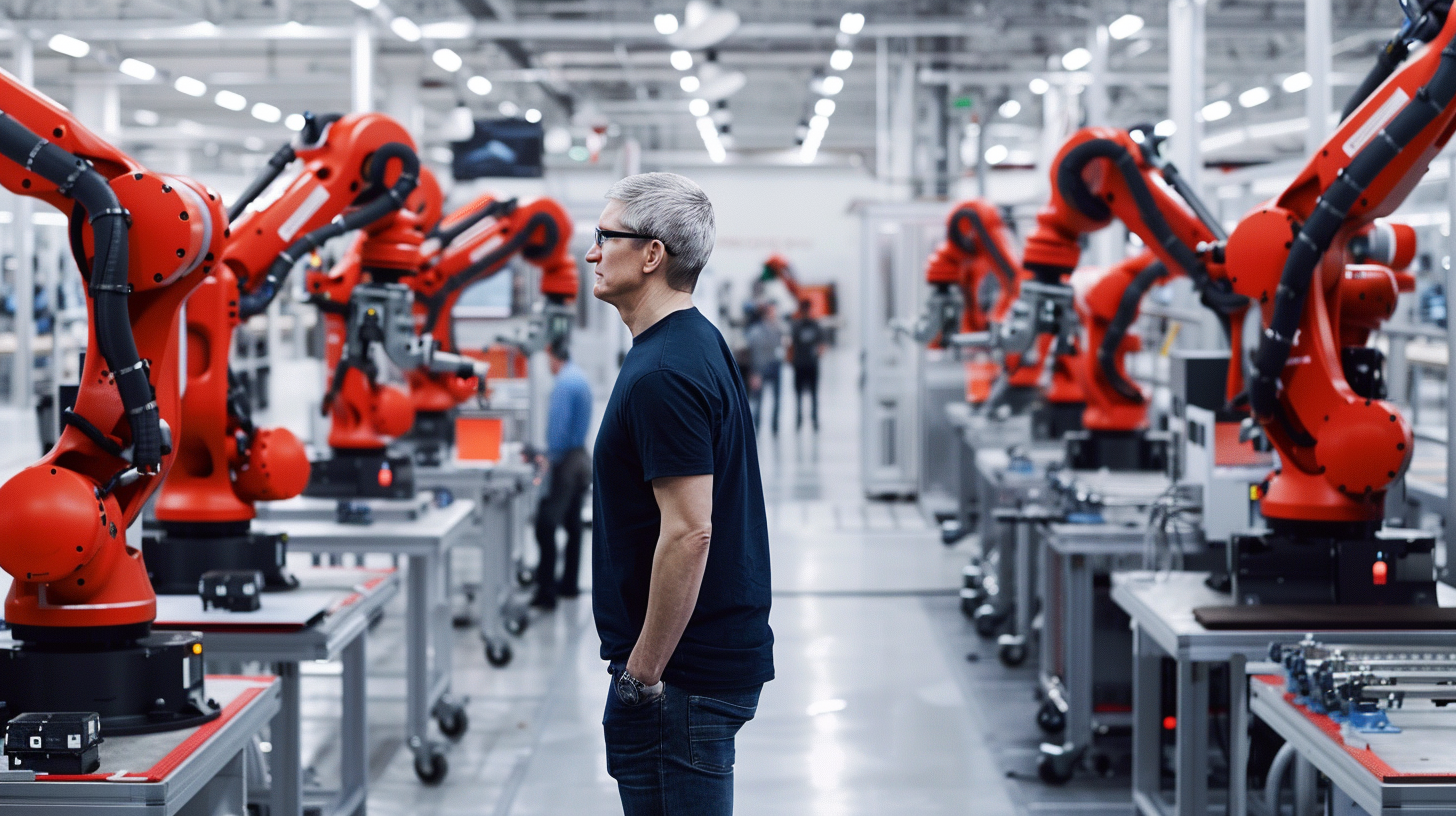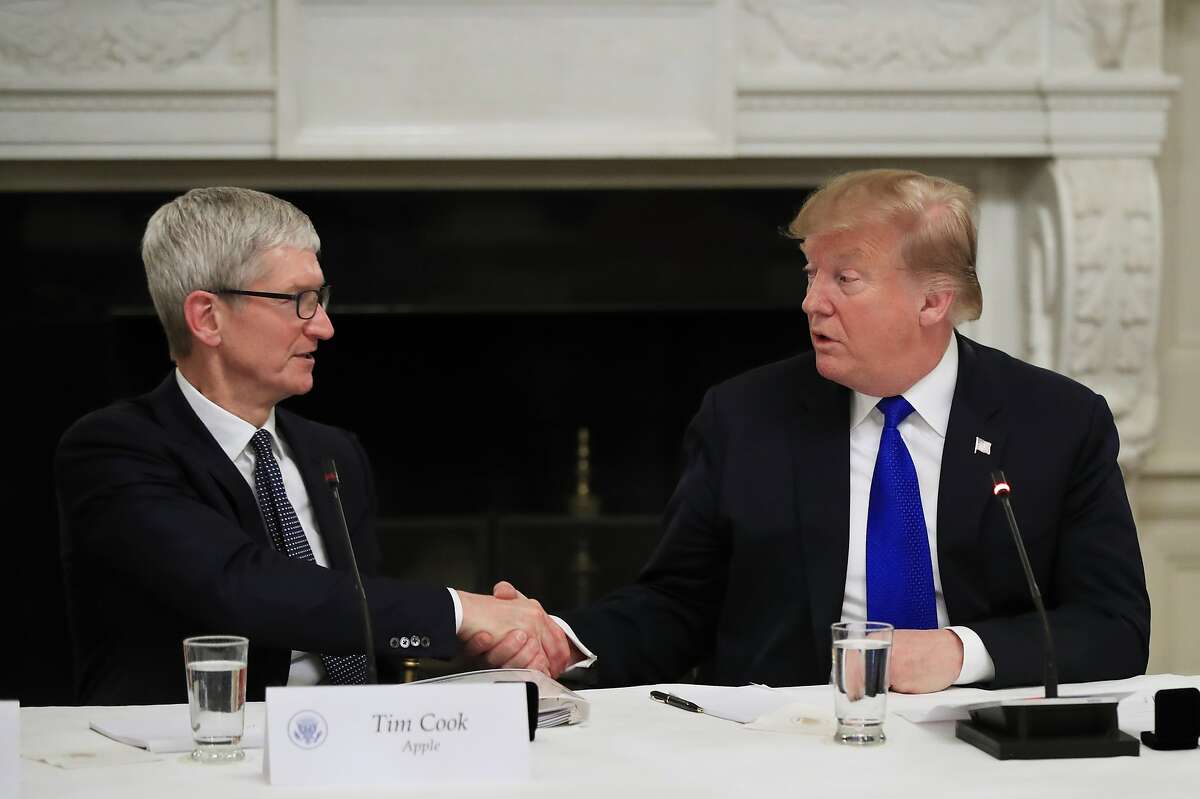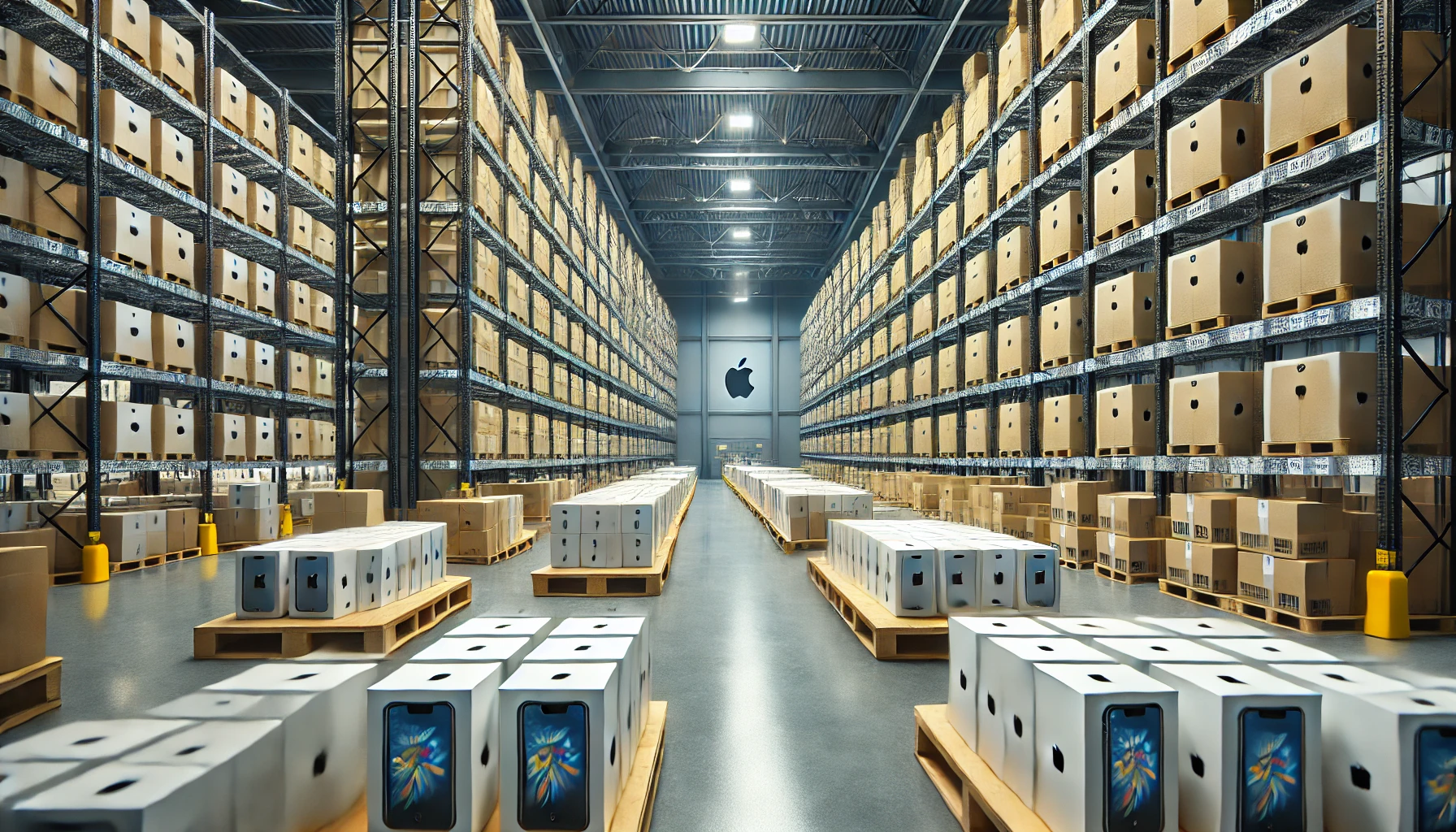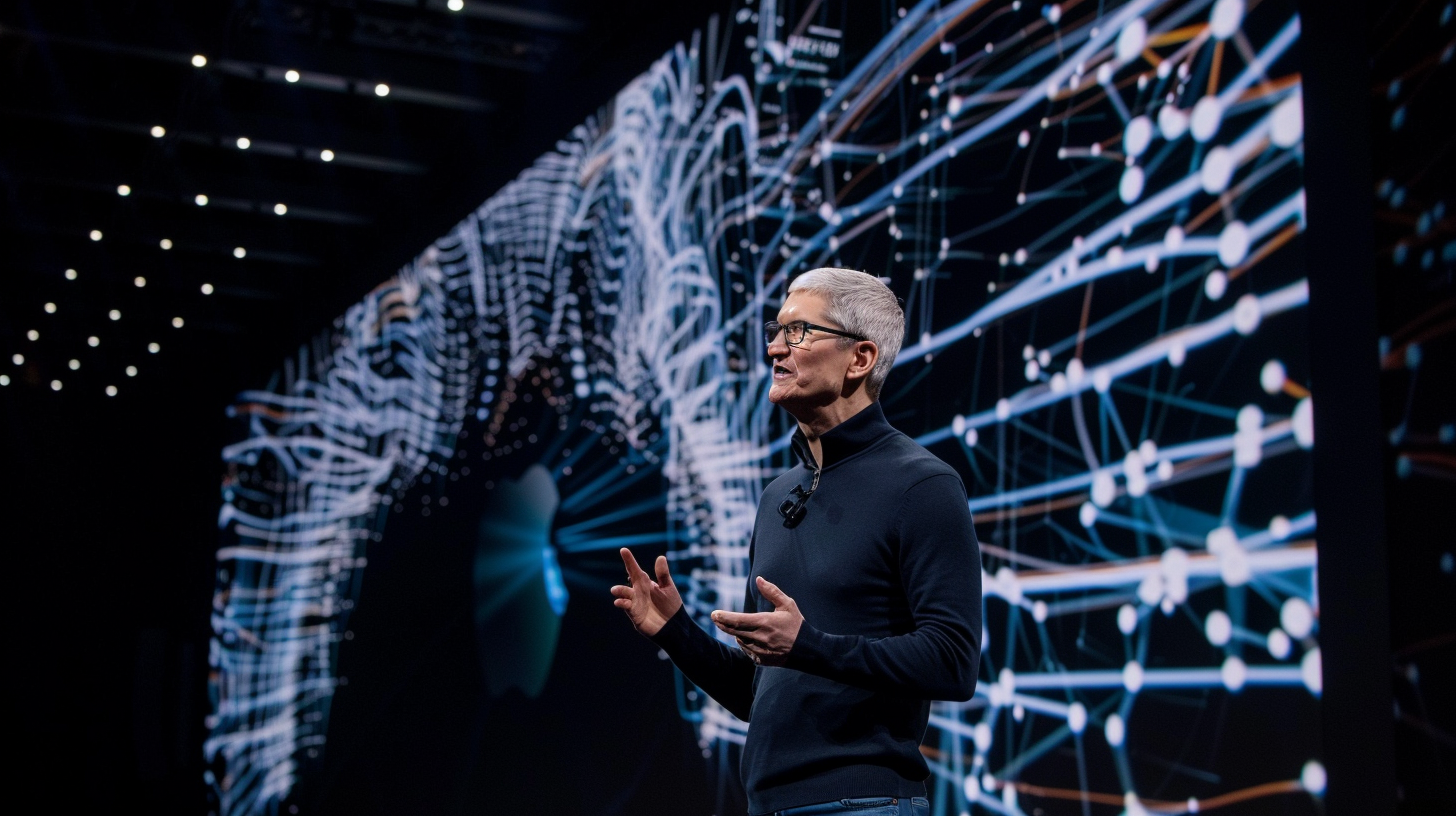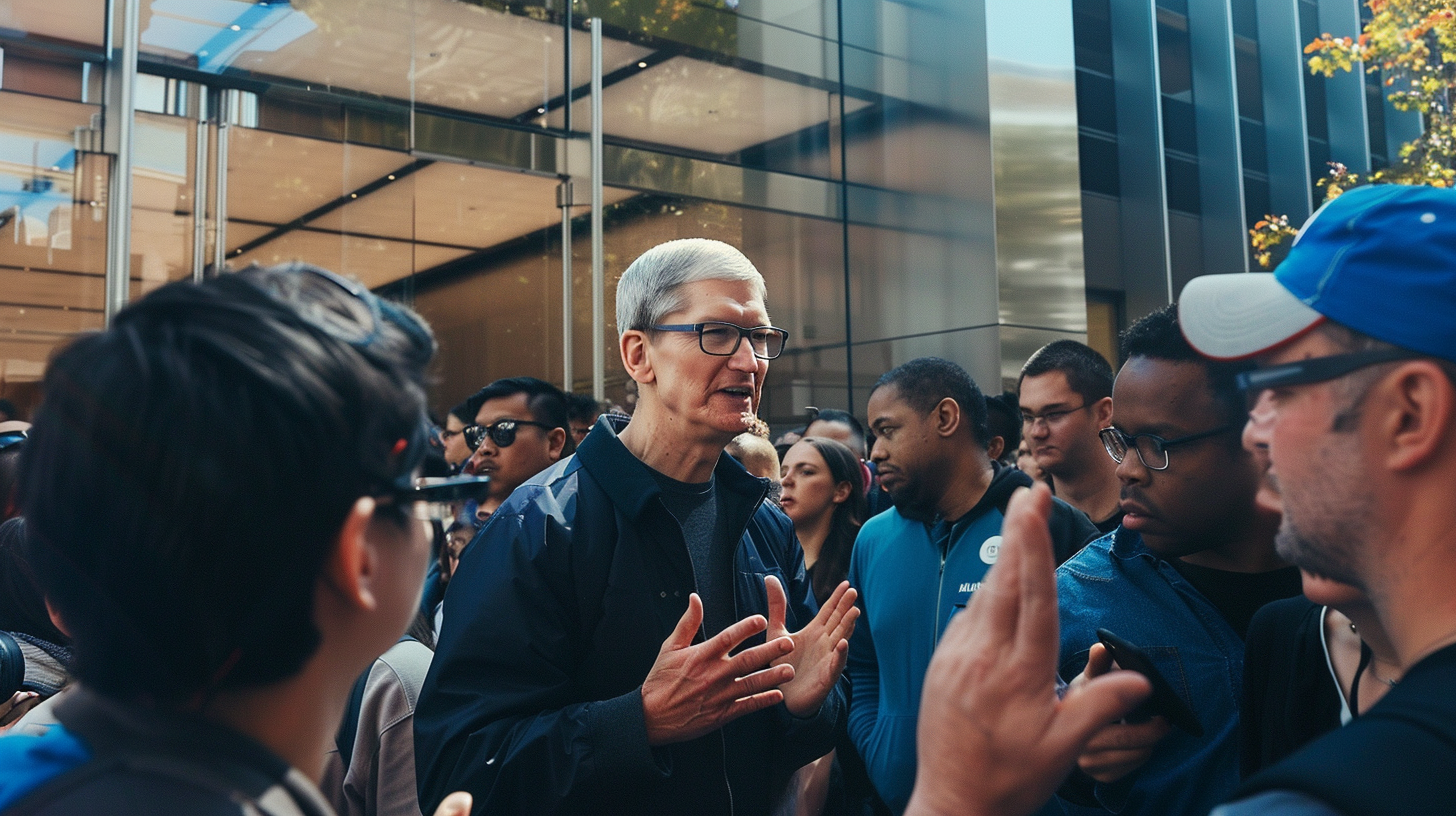Apple has once again proven its staying power in the global tech landscape, briefly touching a $4 trillion market capitalization before pulling back slightly. The milestone underscores renewed investor optimism as strong early sales of the new iPhone 17 lineup signal that Apple’s growth engine remains alive and well.
According to data from Counterpoint Research, the iPhone 17 series outperformed its predecessor, the iPhone 16, during its first 10 days of release in both the U.S. and China—two of Apple’s most important markets. Year over year, iPhone sales surged 14%, with the base iPhone 17 and high-end iPhone 17 Pro drawing the most attention from consumers. The newly introduced iPhone Air also saw solid momentum, slightly outselling the discontinued iPhone Plus.
Apple’s stock climbed on the back of these strong figures, propelling its valuation into the $4 trillion club alongside fellow tech giants Nvidia and Microsoft. While Apple has flirted with this threshold before, the combination of resilient hardware demand and ongoing investor confidence helped push it back into record territory.
Still, not all analysts are convinced the sales surge will hold steady. Recent tracking from Jefferies suggests iPhone demand may be cooling slightly week over week, with delivery lead times shortening across major markets. In the U.S. and Europe, the once-long waits for iPhone 17 Pro and Pro Max models have largely disappeared, hinting that initial supply bottlenecks have eased.
Even so, Apple’s iPhone remains its crown jewel. The device generated $201.2 billion in revenue in 2024, more than half of the company’s total $391 billion. Its Services segment—covering everything from Apple TV+ to iCloud—added another $96.2 billion, showcasing the company’s ability to diversify beyond hardware.
Unlike Nvidia and Microsoft, whose valuations have surged on the strength of artificial intelligence development, Apple has taken a more measured approach. The company has yet to unveil its long-awaited AI-powered version of Siri, even as competitors like Google and Samsung continue to push forward with AI-enhanced products such as Gemini and Galaxy AI.
Despite that, Apple’s ecosystem remains unmatched. With over one billion active iPhones worldwide, along with a growing base of Apple Watch, AirPods, and service subscribers, the company benefits from an unparalleled level of customer loyalty. Each product launch not only drives revenue but reinforces a network of users deeply embedded in Apple’s ecosystem.
For investors, the story is clear: Apple may not be leading the AI revolution—yet—but its scale, cash flow, and brand strength continue to make it one of the most dependable growth stories in global markets. The $4 trillion mark is less about a temporary milestone and more about a company that continues to define what long-term market dominance looks like.

